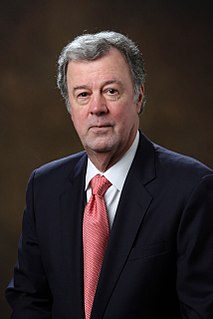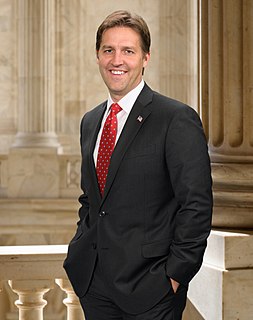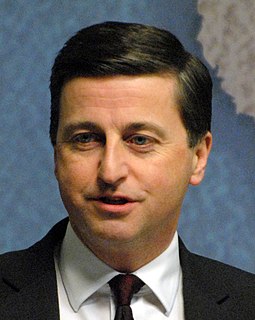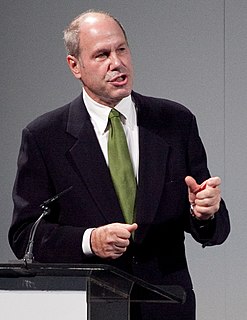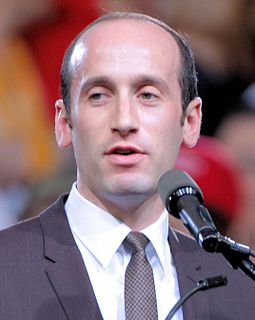A Quote by John W. Snow
Social Security represents an $11 trillion unfunded obligation. And when I say unfunded obligation, I mean we have to come up with $11 trillion at some point to make the system whole.
Related Quotes
For Social Security to be financially sound, the federal government should have $100 trillion - a sum of money six-and-a-half times the size of our entire economy - in the bank and earning interest right now. But it doesn't. And while many believe that Social Security represents our greatest entitlement problem, Medicare is six times larger in terms of unfunded obligations.
The real number of the US' obligations, unfunded obligations that we're passing on to our future generates is more like $70 trillion to $75 trillion. The vast majority of that is health entitlements - Medicare, Obamacare, Medicaid. There's also Social Security, interest on the debt. But fundamentally, health entitlements are the thing that will bankrupt our kids. We need to fix that for the long-term.
And people really behaved in a fraudulent way or something, we'll go back and find the culprits later on. But that really isn't the problem we have. I mean that's where it came from, though. We leveraged up and if you have a 20 percent fall in value of a $20 trillion asset, that's $4 trillion. And when $4 trillion lands - losses land in the wrong part of this economy, it can gum up the whole place.
I certainly don't mean to suggest that all investigative journalism prior to 9/11 in the US was praiseworthy. But there were more examples to which one could point, and there were at last some activist photographers who understood that getting information into the public sphere in spite of military censorship was a right and obligation within democracy. That strain in war journalism did nearly vanish during that time.

